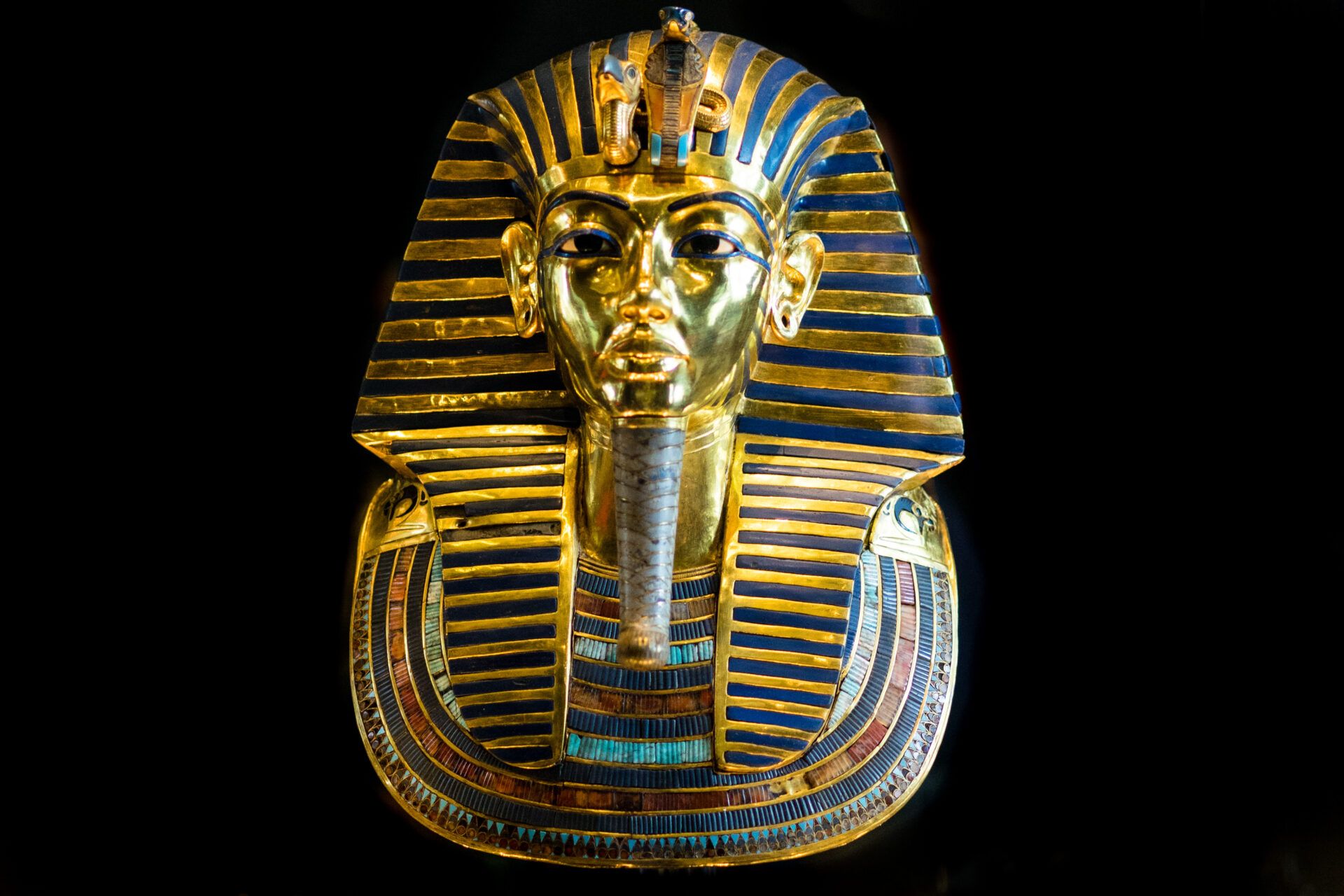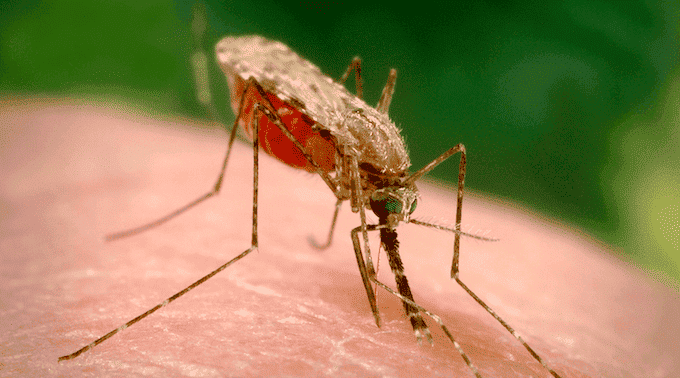|
إستماع
Getting your Trinity Audio player ready...
|
(An Anopheles-arabiensis mosquito, a known vector for the transmission of malaria, obtains a blood meal through its labrum.)
In case you missed it, last week the World Health Organization (WHO) certified that Egypt is malaria-free. The WHO grants this certification when a country has proven that the transmission of malaria from Anopheles mosquitos has been interrupted for three consecutive years and has demonstrated the public health capacity to prevent further transmission.
In their announcement on October 20th, the Director-General of the WHO, Tedros Adhanom Ghebreyesus, called the certification “truly historic, and a testament to the commitment of the people and government of Egypt to rid themselves of this ancient scourge.”
Malaria kills more than half a million people globally every year, mostly in Africa. In 2022, the WHO estimated there were 249 million cases of malaria across 85 countries, with roughly 608,000 malaria deaths. There are now 44 countries and one territory that have achieved a malaria-free certification. For Egypt, certification is the culmination of a public health effort that began 100 years ago, but the history of malaria in Egypt goes back much further.
Radiological and genetic testing has found evidence of malaria in Egypt as far back as 4000 B.C.E. Researchers have even discovered evidence of malarial infections in ancient Egyptian mummies, including King Tutankhamun, or King Tut. In 2010, researchers pinned malaria as the likely killer of the boy king.

Starting in the 1920s, the farming of rice and agriculture near homes was prohibited to limit contact with mosquitos. In the 1930s, Egypt designated malaria as a notifiable disease, requiring those with symptoms to report themselves to authorities, and created malaria diagnosis, treatment, and surveillance stations.
Cases of malaria reached over 3 million in 1942, owing to population displacement during World War II, the subsequent disruptions to medical supplies, and the emergence of the Anopheles arabiensis mosquito. The construction of the Aswan Dam in 1969 further exacerbated the problem as the standing water provided an ample breeding ground for mosquitos.
Since the early 2000s, Egypt has relied on identifying cases early and providing treatment, vector control, and public education to respond to outbreaks of malaria. Malaria diagnosis and treatment is available for free to all Egyptian residents regardless of legal status.
Hanan Balkhy, the WHO Regional Director for the Eastern Mediterranean, said the certification was “the result of sustained, robust surveillance investments in a strong, integrated health system, where community engagement and partnerships have enabled progress.”

